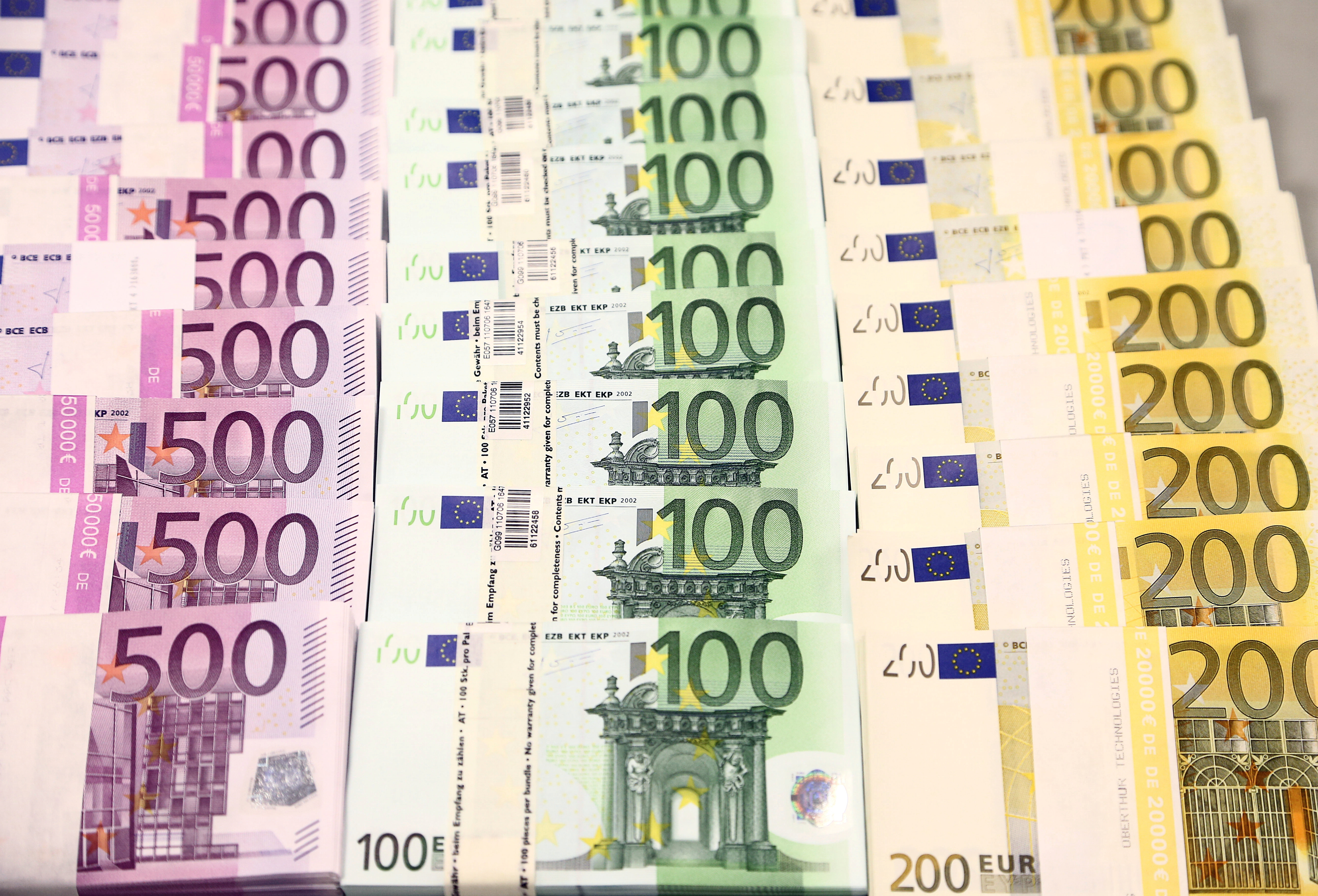Global hedge funds have increased their short positions on US financial stocks to near record levels, according to data from Goldman Sachs. The move reflects the growing pessimism about the outlook for the sector, which has been hit hard by the pandemic and the volatile markets.
The data, which tracks hedge fund trading flows, shows that financials was the most net sold sector on the US prime book this week and saw the largest net selling in seven weeks, driven entirely by short sales. The ratio between long and short positions is at a historical low, below 1.7 times. At the beginning of this year, the long/short ratio was at 2.6 times, sharply declining in March in the wake of the regional banking crisis.
Overall, hedge funds are underweight financials, at the lowest level since May 2020, Goldman Sachs said. This means that they have more exposure to other sectors than to financials, implying a negative view on the latter. Hedge funds typically use short selling as a way to profit from falling prices or to hedge against market risks.
Bank shares have plunged this year, as the sector faces multiple challenges. The KBW Bank index, which tracks the performance of 24 leading US banks, is down nearly 23% year to date, while the S&P 500 Banks index, which covers a broader range of financial institutions, fell over 11.26%. The sector has lagged behind the broader market, which has recovered from the March lows and reached new highs.
Some of the factors that have weighed on the financial sector include:
- The low interest rate environment, which squeezes the net interest margin, a key measure of profitability for banks.
- The rising credit losses, as the pandemic and the lockdowns have hurt the ability of borrowers to repay their loans.
- The regulatory uncertainty, as the new administration may impose stricter rules on the sector, such as higher capital requirements or consumer protection measures.
- The competitive pressure, as fintech companies and other non-bank players offer alternative products and services to customers, such as digital payments, online lending, or robo-advisory.
Despite the gloomy outlook, some analysts and investors see value in the financial sector, arguing that the worst is over and that the sector will benefit from the economic recovery, the vaccine rollout, and the fiscal stimulus. They also point out that the sector is trading at attractive valuations, with low price-to-earnings and price-to-book ratios compared to historical averages and other sectors.
The divergence of views between hedge funds and other market participants creates an interesting dynamic for the financial sector, as it may lead to more volatility and opportunities for both long and short investors. Whether hedge funds will be proven right or wrong remains to be seen, as the sector's performance will depend on how the pandemic, the economy, and the policy environment evolve in the coming months.







